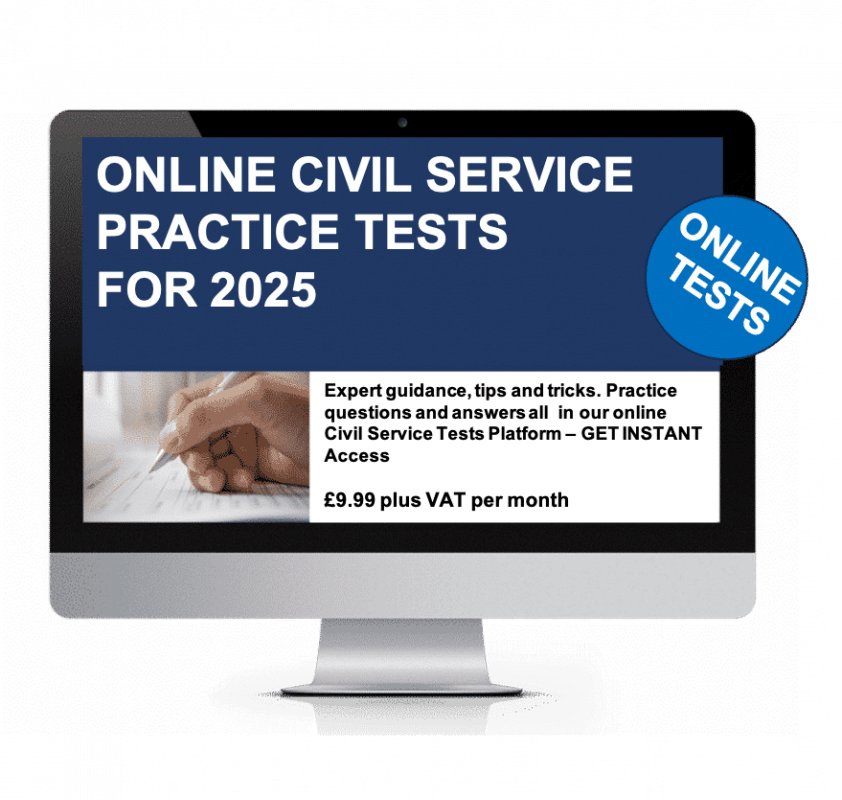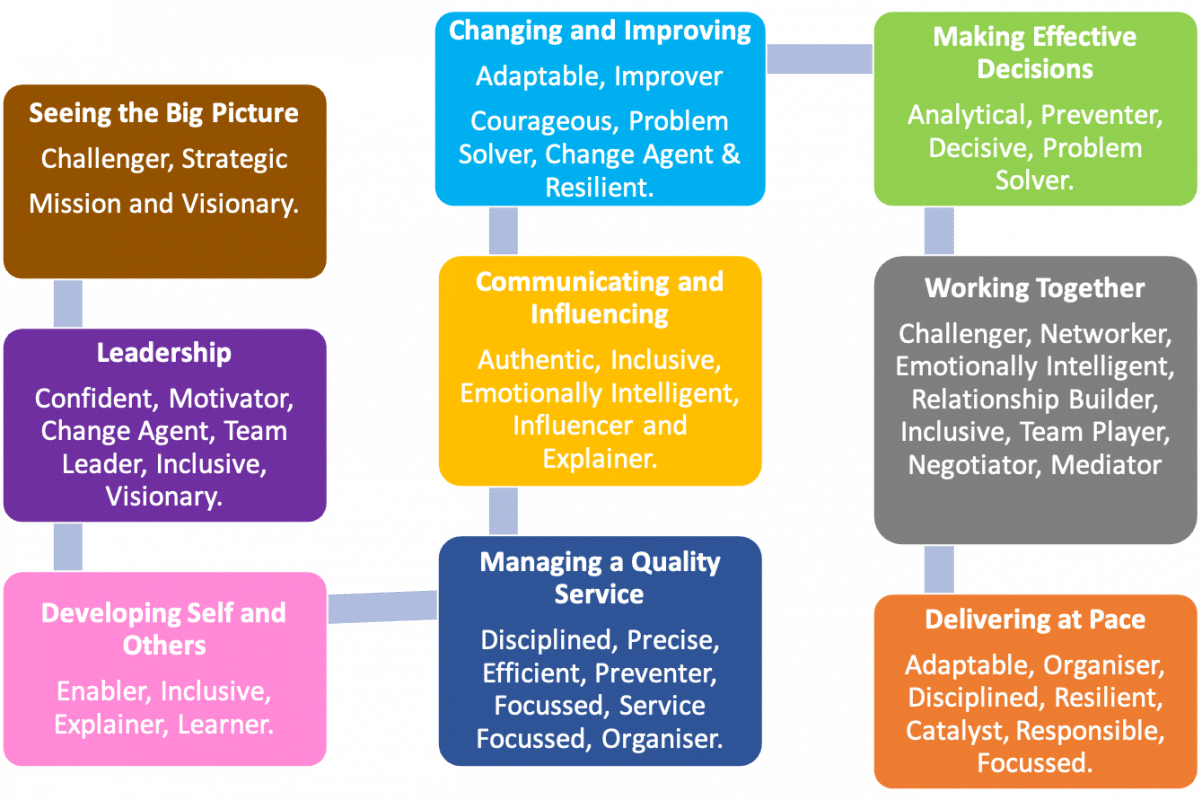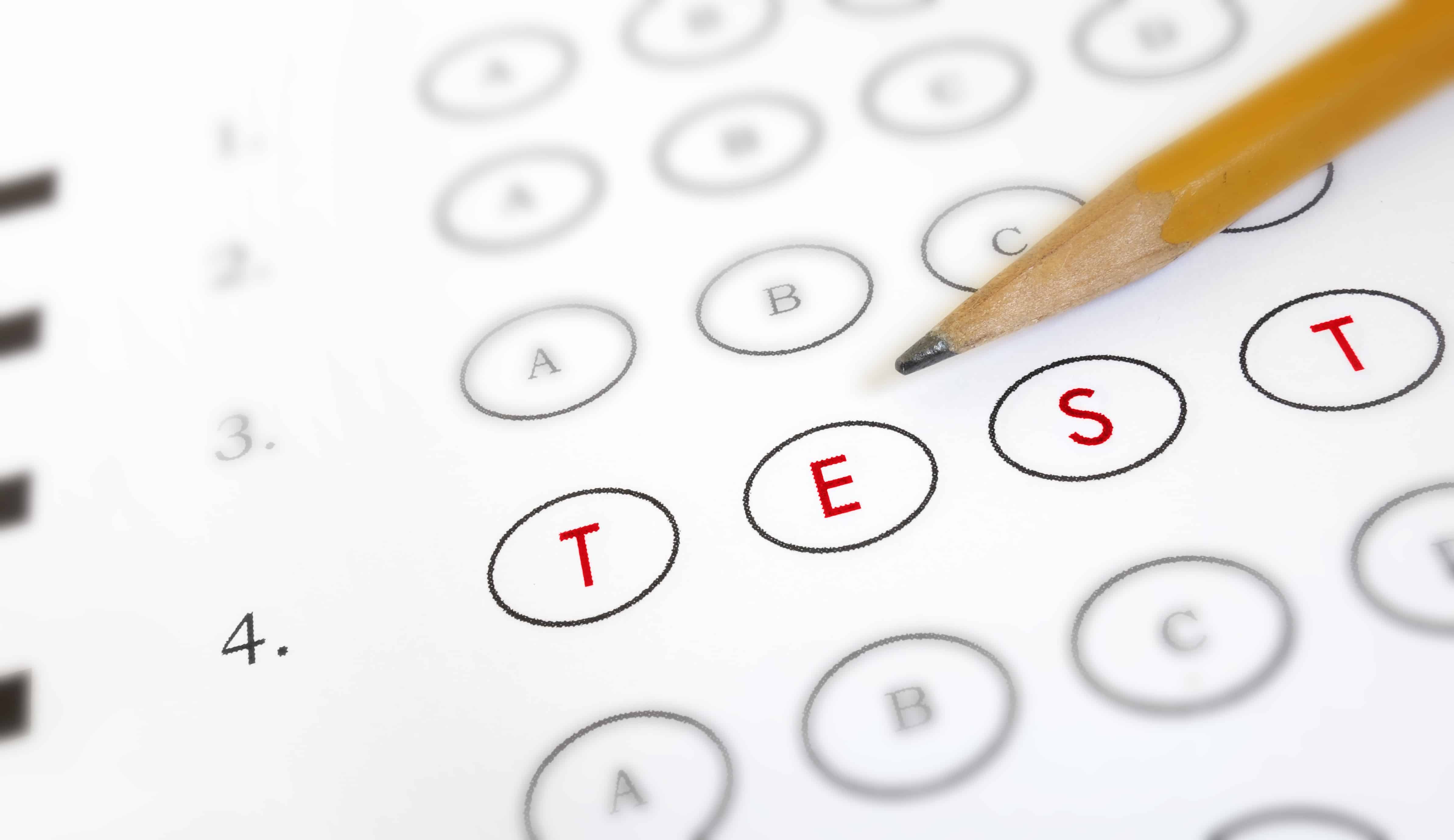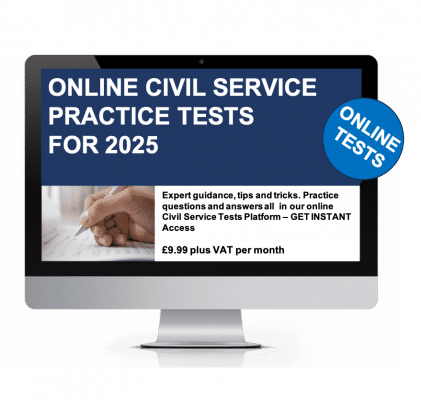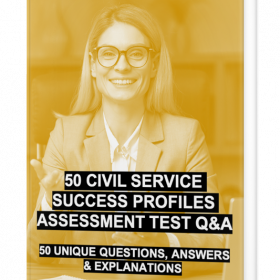CIVIL SERVICE SUCCESS PROFILES
The Civil Service Success Profiles are a recruitment framework used to assess candidates for government roles in a fair and consistent way. They help hiring managers look beyond just qualifications and consider a broader picture of what someone can bring to a job. The framework is made up of several key elements: Behaviours, Strengths, Experience, Ability, and Technical skills. Not every element is used in every role, but they are combined depending on what the job requires. Success Profiles are designed to help select people who are not only capable of doing the job, but who also align with Civil Service values and can thrive in the workplace. They support inclusive recruitment by allowing people to demonstrate their potential in a variety of ways, not just through past experience.
Ability refers to your natural aptitude or skill in areas relevant to the role. It’s usually assessed through online tests or exercises that measure things like numerical reasoning, judgement, or problem-solving.
Technical relates to specialist knowledge or qualifications required for the role, such as legal, IT, or financial expertise. You may be assessed through tests, qualifications, or questions at interview that explore how you apply this knowledge in practice.
Experience focuses on your previous work or life achievements relevant to the job. This is assessed by looking at your CV, application statements, or interview answers that show how you’ve handled tasks or challenges before.
The more common ones you will be assessed against during the selection process are the Behaviours and Strengths. These aee quite complex and you must have a good understanding of these when applying for a role in the Civil Service.
CIVIL SERVICE BEHAVIOURS
Civil Service Behaviours are one part of the Success Profiles framework and are used to assess how candidates act and approach their work. They reflect the core values and expectations of the Civil Service, helping ensure that employees work effectively and ethically across departments. There are nine behaviours in total, though not all are used for every role. Here’s a brief breakdown of each:
Seeing the Big Picture – Understanding how your work fits into wider government priorities and the public interest. It’s about being aware of policy goals, future challenges, and the needs of different stakeholders.
Changing and Improving – Being open to change, finding better ways to do things, and adapting when needed. This behaviour encourages innovation and continuous improvement.
Making Effective Decisions – Using evidence, data, and sound judgement to make informed choices. It includes being objective, logical, and confident when handling complex issues.
Leadership – Inspiring and motivating others, setting direction, and taking responsibility. Leadership applies at all levels, not just in management roles.
Communicating and Influencing – Communicating clearly and persuasively, listening to others, and tailoring your message to different audiences to build trust and achieve outcomes.
Working Together – Building strong relationships, supporting colleagues, and collaborating across teams and departments to achieve shared goals.
Developing Self and Others – Taking responsibility for learning and helping others grow by giving feedback, sharing knowledge, and supporting development.
Managing a Quality Service – Planning, organising, and delivering high standards of work. It involves understanding customer needs and working efficiently to meet them.
Delivering at Pace – Maintaining focus, staying organised, and meeting deadlines under pressure. This behaviour is about taking responsibility and driving work forward.
CIVIL SERVICE STRENGTHS
Civil Service Strengths are personal attributes or qualities that come naturally to individuals and help them perform well in their roles. Unlike skills or experience, strengths focus on what energises and motivates you. The Civil Service uses strengths to assess how well someone might fit a role and how they are likely to behave in different situations. They are often assessed in interviews through questions designed to uncover what comes naturally to you, especially under pressure or over time.
The Civil Service Success Profiles framework, strengths are often mapped to specific behaviours to help assess how naturally a candidate may demonstrate those behaviours. Below is a list of the Civil Service strengths grouped according to the behaviour they are most commonly associated with:
PRACTICE CIVIL SERVICE TESTS NOW

